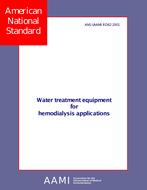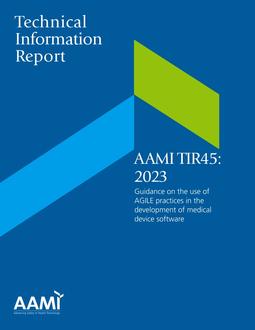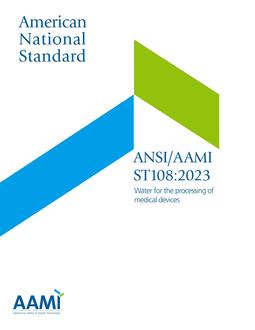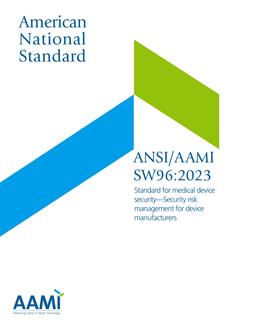
AAMI RD62
Click here to purchase
This standard covers devices used to treat water intended for use in the delivery of hemodialysis. Included in the scope of the standard is water used for: (1) the preparation of concentrates from powder at a dialysis facility, (2) the preparation of dialysate, and (3) the reprocessing of dialyzers for multiple use. The provisions of this standard apply to individual water treatment devices and to water treatment systems assembled from one or more of these devices. In the first instance, this standard is directed at the individual or company that specifies the complete water treatment system and, second, at the vendor who assembles and installs the system. Since systems may be assembled from a number of individual water treatment devices, the provisions of this standard are also directed at the manufacturers of these devices, provided that the manufacturer indicates that the device is intended for use in hemodialysis applications. This standard is written principally to address water treatment systems for dialysis facilities treating multiple patients. However, many of its provisions equally apply to water treatment systems used in applications where a single patient may be treated, such as in a home dialysis or acute hospital dialysis setting. Specifically, requirements for the chemical and microbiological quality of water are considered to apply in all settings, regardless of whether a single patient or many patients are being treated.The physician in charge of dialysis has the ultimate responsibility for selecting a water treatment system andmaintaining the performance of that system once it has been installed and its performance has been verified.The requirements established by this standard will help protect hemodialysis patients from adverse effects arising from known chemical and microbial contaminants found in water supplies. However, proper dialysis and patient safety is ultimately dependent on the quality of the dialysate. Since the manufacturer of water treatment equipment does not have control over the dialysate, any reference to dialysate in this standard is for clarification only and not a requirement of the manufacturer. The responsibility for assuring that the dialysate is not contaminated, mismatched, or otherwise damaging to the patient rests with the clinical professionals caring for the patient under the supervision of the medical director.
Product Details
- Published:
- 08/06/2001
- ISBN(s):
- 1570201536
- ANSI:
- ANSI Approved
- Number of Pages:
- 34
- File Size:
- 1 file , 180 KB


